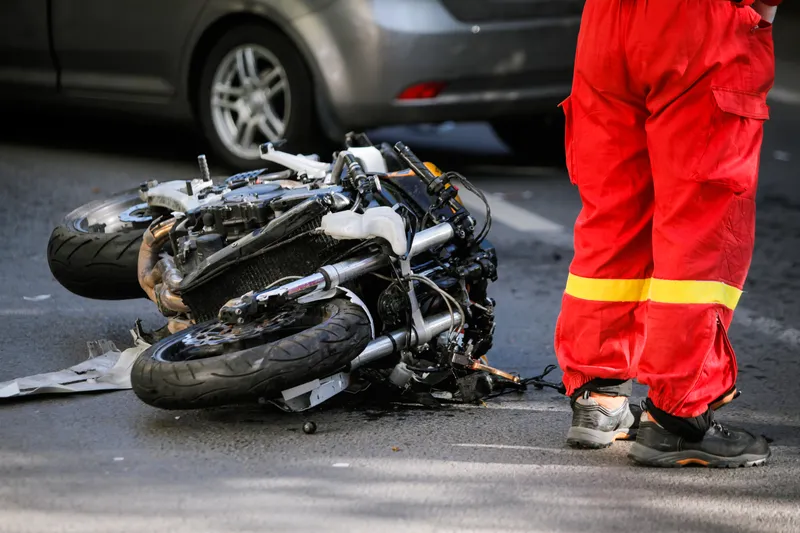
Over half (53%) of motorcyclists polled say they have been involved in a crash as the main rider and, when asked the reason for the accident, an 65% claimed this was due to a fault of another road user.
These are among the findings of 1,000 riders conducted by UK motorbike insurance specialist Entire Cover.
The data shows a disconnect between riders and other road users. Nearly seven in 10 (67%) respondents agree that other road users are more dangerous than riders, 62% believe road users are the biggest obstacle on the roads, and over half (55%) believe that other road users are careless around riders.
However, 64% do acknowledge that some riders drive dangerously on the roads.
Entire Cover says this issue is impacting Britain’s riders, with 42% saying they don’t get out on their motorcycle as much as they’d like, as they are fearful of having a crash, and 38% admitting they feel safer driving a car. Less than 10% feel safer on their bike.
Data from the Department of Transport shows that over 100 motorcyclists are injured each week on average in the UK.
Daniel Nield from Entire Cover comments: “Our data shows that other road users are an obstacle for riders, and while it’s incredibly important for riders to know how to safely navigate other road users, it’s imperative that drivers understand how to drive safely around motorbikes. With more understanding and safer driving on the roads, this can only benefit all road users and hopefully, help to make our roads safer for everyone.”
Entire Cover gives five tips to drive safely when navigating riders on the roads:
1. Check the road is clear when pulling out of a junction. Bikes can often be travelling faster than they appear to be.
2. Always check mirrors and blind spots before changing lanes or turning. Check, and check again.
1. Give motorcycles plenty of space – particularly in poor weather conditions.
2. Don’t forget to signal when turning or changing lanes.
3. Treat them as a car – don’t be tempted to squeeze past a motorcycle and always give riders lots of space.







